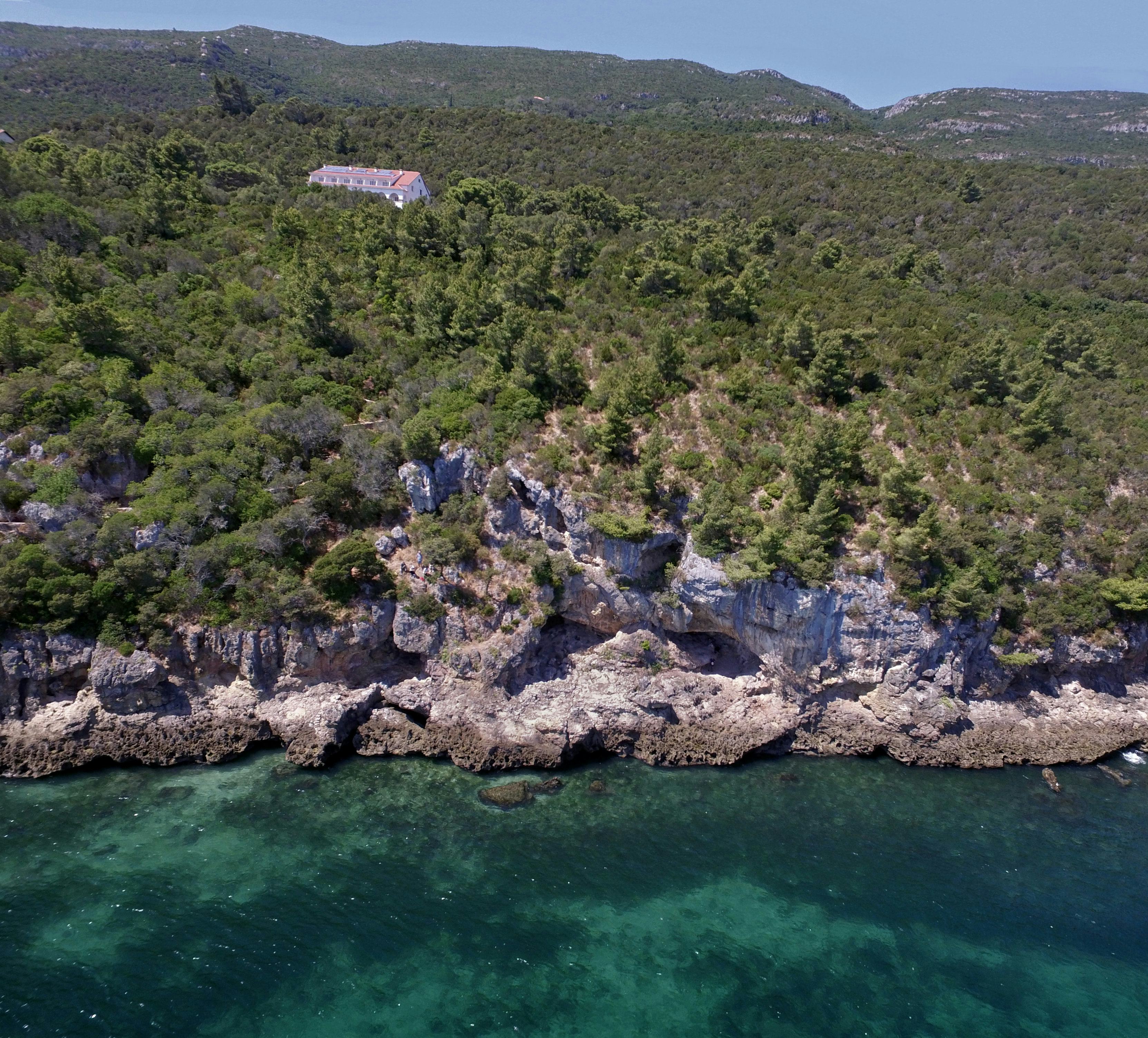Anthropology
Related: About this forumNeanderthals ate sharks and dolphins
By Paul Rincon
Science editor, BBC News website
26 March 2020
Neanderthals were eating fish, mussels and seals at a site in present-day Portugal, according to a new study.
The research adds to mounting evidence that our evolutionary relatives may have relied on the sea for food just as much as ancient modern humans.
For decades, the ability to gather food from the sea and from rivers was seen as something unique to our own species.
Scientists found evidence for an intensive reliance on seafood at a Neanderthal site in southern Portugal.
More:
https://www.bbc.com/news/science-environment-52054653

comradebillyboy
(10,935 posts)cstanleytech
(28,152 posts)packman
(16,296 posts)Judi Lynn
(164,039 posts)Last edited Sat Mar 28, 2020, 08:31 AM - Edit history (1)
Cueva de Figueira Brava

Their homes within the three doors look almost unassailable.
Thanks.
P.S. I forgot to mention your link was terrific. Leaves us more to think about!
Sunlei
(22,651 posts)Sea animals of course swim close to lands and could be easier to trap or beach. I think this ancient Inuit method to gather mussels was much the same for Neanderthals when they gathered shellfish in their iced over lands.
Inuits in northern Canada risk their lives to gather mussels under the frozen sea ice. But it's dangerous - the tide is only out for 45 minutes and the ice could collapse on them at any moment.
Judi Lynn
(164,039 posts)Thank you for sharing this.
It will be impossible to forget.
Harker
(17,265 posts)Maybe not as a first choice.
wnylib
(25,355 posts)evidence of tools specific to obtaining, preparing, and eating fish and seafood. Harpoons, small picks for scraping mussels out of shells. They might have used nets, but those decay unless the right preservation circumstances exist. Maybe they also had boats for going out a short distance into the sea to get the sharks and dolphins.
These dates precede earliest Homo sapiens in Europe, so maybe Sapiens in Europe learned to get and eat seafood from Neanderthal. Or, maybe the practice started in Africa before either one of them moved out of Africa.
Clambakes are apparently a very old tradition in our ancestry.